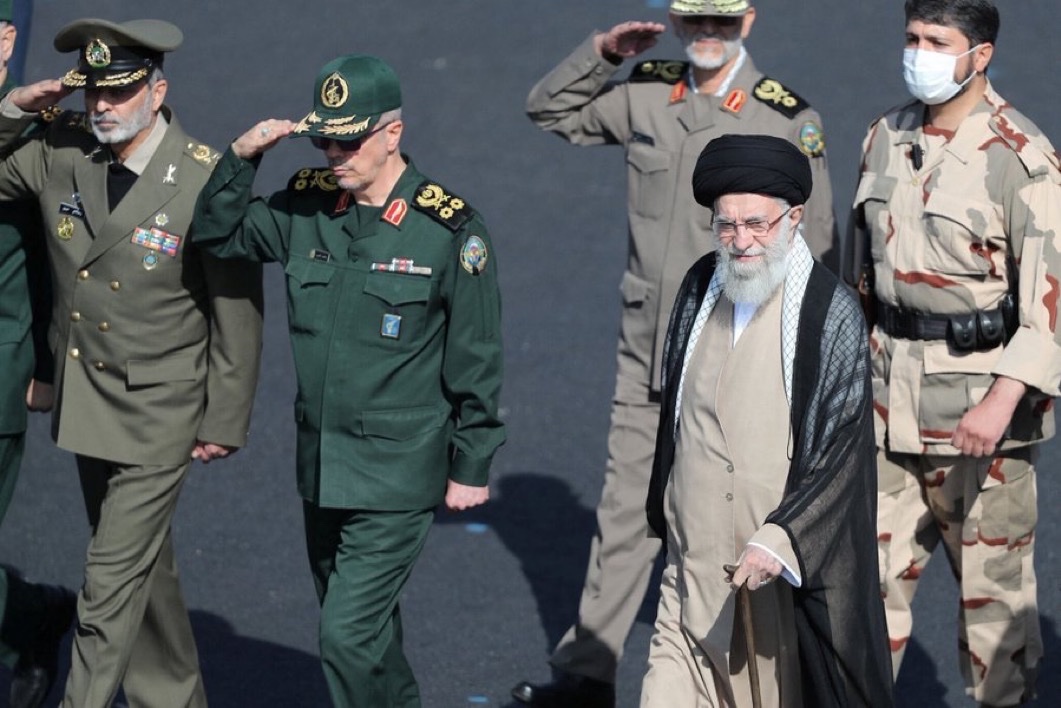World
Tension in Iran as UN reimposes sanctions amid fears over fresh Israeli airstrikes

Iran’s leadership is grappling with one of its most severe challenges since the 1979 Islamic Revolution, caught between rising unrest at home and renewed international isolation after the collapse of nuclear talks.
The United Nations reinstated sanctions on Tehran on Saturday, following the failure of last-ditch negotiations with Britain, France and Germany to salvage the 2015 nuclear deal. The measures, which target oil, banking, arms and uranium enrichment, are expected to deepen the country’s economic crisis.
Without a breakthrough, Iranian officials warn the renewed pressure will fuel public anger and widen rifts within the ruling elite. Accepting Western conditions, however, risks undermining the Islamic Republic’s long-standing refusal to “succumb to Western pressure,” insiders said.
“The clerical establishment is trapped between a rock and a hard place. The existence of the Islamic Republic is in peril,” one official told Reuters, warning that “Our people cannot handle more economic pressure or another war.”
Concerns are also mounting in Tehran over possible Israeli military action if diplomacy collapses. A second official noted growing fears that Israel could strike nuclear facilities again, recalling the June conflict that began with Israeli raids, followed by U.S. strikes on three Iranian sites, just a day before a planned round of nuclear talks with Washington.
Former lawmaker Gholamali Jafarzade Imenabadi told Iranian media, “I think the chances of war breaking out are significant, given Israel’s aggressive posture and the strong support it currently receives from the United States.”
European powers triggered the snapback mechanism on August 28, accusing Iran of breaching the 2015 accord. With the sanctions now in effect, Washington and its allies insist Tehran’s nuclear program conceals ambitions to develop weapons, a charge Iran denies, saying its activities are for peaceful purposes.
Iranian authorities say the move will push them toward a tougher nuclear stance, though some within the establishment caution against escalation. “Maintaining the status quo — no war, no deal and continued talks — is the best option without offering further concessions,” a second official said.
Meanwhile, public frustration is swelling as inflation hovers around 40%—and some estimates exceed 50%—with food and housing costs soaring amid the rial’s sharp decline. “We already struggle to make ends meet. More sanctions means more economic pressure. How are we going to survive?,” said Shima, a 36-year-old teacher and mother of two in Tehran.
While China remains a lifeline as the main buyer of Iranian oil, uncertainty clouds those exports under the revived sanctions. Analysts say that leaves the clerical establishment squeezed between external threats and domestic unrest, with little room to maneuver.
REUTERS

























